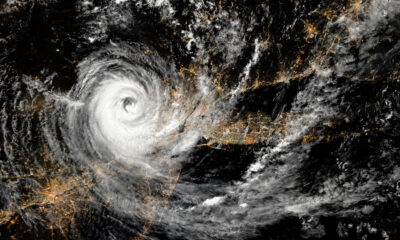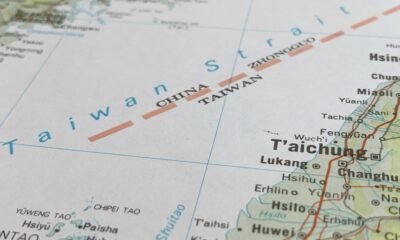Operation Midnight Hammer: Global Impact

Could the latest U.S. military strikes against Iran mark the beginning of a new era of heightened tensions or potentially renewed negotiations?
At a Glance
- The U.S. executed “Operation Midnight Hammer,” damaging Iranian nuclear sites.
- The Defense Secretary stated the U.S. does not seek war with Iran.
- The largest B-2 stealth bomber strike in history was ordered by President Trump.
- Iran criticized the attack as a violation of sovereignty and international law.
The Operation’s Details and Impact
The United States conducted a surprise attack, dubbed “Operation Midnight Hammer,” targeting key nuclear sites in Iran, including Fordo, Natanz, and Isfahan. These strikes achieved significant damage, delaying Iran’s nuclear weapon development by several years. Defense Secretary Pete Hegseth stated that America “does not seek war” with Iran, despite the bold execution of this mission Source.
This operation, ordered by President Trump, entailed participation from seven B-2 stealth bombers and at least one submarine, marking it the largest B-2 strike in the history of the United States. The unprecedented scale of this mission reflected the significant threat perceived from Iran’s nuclear advancements.
Global Criticism and Reactions
Despite the operation’s success, several global powers, including Russia and China, condemned the attack, labeling it a violation of international law. Iran, unsurprisingly, criticized the strikes as an infringement on their sovereignty, potentially escalating tensions in the Middle East Source.
“The warmongering and lawless administration in Washington is solely and fully responsible for the dangerous consequences and far-reaching implications of its act of aggression.” – Iranian Foreign Minister Abbas Araghchi Source.
In the aftermath, there’s an expectation of retaliation from Iran, potentially targeting U.S. forces or disrupting vital oil supplies from the region. The regional destabilization risks are evident, with Iran’s Revolutionary Guard already launching missiles towards Israel, sparking further conflict Source.
Diplomatic Prospects and Military Preparedness
While Vice President JD Vance suggests these strikes could renew negotiations with Iran, the pressing necessity of adequate deterrence remains apparent. He emphasized, the operation has opened “an opportunity to reset this relationship, reset these negotiations” Source.
“I actually think it provides an opportunity to reset this relationship, reset these negotiations and get us in a place where Iran can decide not to be a threat to its neighbors, not to a threat to the United States and if they’re willing to do that, the United States is all ears.” – Vice President JD Vance.
Meanwhile, congressional leaders were informed post-operation, leading to criticism over the apparent sidelining of congressional oversight before such a decisive military action Source.
The situation makes it clearer than ever—military force might be necessary, but diplomacy cannot be left behind.
























